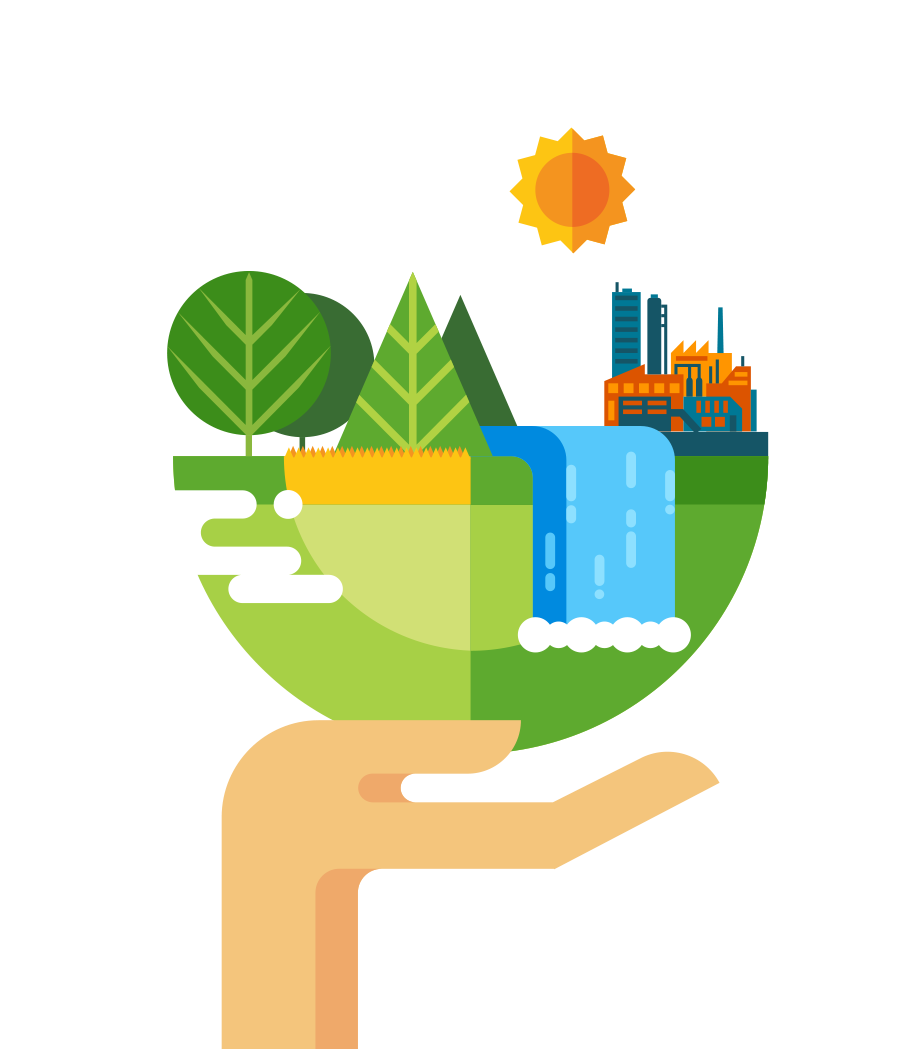
After nearly 10 years of constant hard work to develop and establish the wood-based bioeconomy in Central Germany, the groundwork was finally laid at the end of January of this year for the successful implementation of this strategic project.
Over the next two years, UPM, a Finnish company and global leader in the pulp and paper industry that processes renewable and biodegradable raw materials into everyday recyclable items and materials, will build a beechwood biorefinery with an annual capacity of 220,000 t/a at the Leuna Chemical Park. Total investment volume: 550 million euros. In doing so, UPM is investing in the next generation of biochemicals and driving forward the shift away from fossil fuels towards sustainable solutions.
Through the establishment of BioEconomy e.V. as a leading-edge cluster in 2012, a project that was initially funded by the Federal Ministry of Education and Research (BMBF) for 5 years, the foundation stone was laid for activities in the key technology of sustainable chemistry in the bioeconomy. Since then, the state of Saxony-Anhalt has and will contribute financially to the cluster management until 2026 by promoting it as an innovation cluster in the region.
From the very beginning, focus has been on a wood-based bioeconomy in light of the fact that, alongside the chemical industry, the timber and forestry industries play a crucial economic role in Central Germany. As part of an economic transformation through the phase-out of the lignite coal industry, the establishment of a model bioeconomy region for Germany and Europe was the logical step in these developments with the aim of exploiting obvious potentials of the wood and chemical industries mentioned above.
This potential has already been demonstrated by various projects in cooperation with regional and international partners from industry and science within the framework of the Bioeconomy Cluster. Here, projects have developed that are oriented towards the sustainable, optimized provision and use of the raw material wood, its pulping and the processing of it into new and innovative products.
Wood is a very environmentally friendly, renewable raw material, which is CO2-neutral even when used to generate energy. More importantly, however, the chemical components of wood, such as cellulose, hemicellulose, lignin and other extracts, can be used as materials and thus provide very important substitutes for petroleum-based products and applications.
Lignin is an impressive example of the possibilities of producing bio-based products from wood to replace problematic petroleum-based products. Within the BioEconomy Cluster, joint projects have been successfully carried out that investigate lignin processing. In the LignoSandwich project, the lignin contained in beechwood is processed into a thermosetting adhesive and used to produce stable, pressure-resistant and thermally insulating sandwich elements for the construction industry. But lignin is also a raw material of the future in the plastics industry. Lignin was successfully converted into a thermoplastic material as part of a collaborative research project between industry and science.
Most impressively, the KosLigcel project was able to demonstrate wood’s potential in the bioeconomy. Researchers were able to replace the microplastics in cosmetic products, like toothpastes and body scrubs, with renewable raw materials. This poses a great advantage for the environment and for our health.
There have been 6 innovative spin-off companies from within the BioEconomy Cluster. One is the Holzimpulszentrum (HIZ) in Rottleberode/Südharz – whose establishment and development has strongly supported the Südharz community.
In the wood-based bioeconomy, HIZ is at the heart of providing raw wood from the region for the cascaded processing of the wood into new products. Following its successful research into important material flows and logistics concepts, its focus since 2017 has been on integrating the flow of wood into chemical processing. HIZ advises and supports regional forest owners on silviculture and forest management as well as the local woodworking and wood processing companies. In addition, the HIZ initiates and coordinates regional research and development work to support and accelerate the transfer of technology in the forestry and wood processing industries.
An important priority of the cluster’s strategy is to support spin-offs and to attract large and small industry partners to Central Germany. The BioEconomy Cluster cooperates intensively with the chemical industry sites at Leuna, Bitterfeld-Wolfen and Zeitz, as well as with the federal states and the federal government.
Among other things, the activities of the Bioeconomy Cluster have enabled the pilot plant of the Fraunhofer CBP in Leuna to establish itself broadly in the region. The CBP’s facilities, including all of the infrastructure in place locally, enable partners from science and industry from around the world to develop biotech and chemical processes in Leuna and to transfer these to an industrial scale. One focus of the CBP’s work is the pulping of materials containing lignocellulose. The activities of the leading-edge cluster in Central Germany has led to the settlement of Global Bioenergies (GBE), an international company that has chosen the location at Leuna and is working closely with the Fraunhofer CBP thanks to the BioEconomy Cluster.
The Finnish company UPM’s decision to establish a biorefinery in Leuna was certainly influenced by these major settlement activities and the multitude of R&D institutes and chemical parks related to the bioeconomy, which are represented by the BioEconomy Cluster. This is evidence of the successful implementation of the cluster’s strategy and the resulting strengthening of Central Germany as a business location.
The activities of BioEconomy e.V. in recent years, as difficult and turbulent as they may have been, have ultimately been successful. UPM’s planned move to Leuna will provide a very important boost to the planned economic pathway towards implementing a wood-based bioeconomy in Central Germany.
As a result of this decision, BioEconomy e.V. has been in contact with other large, globally active companies to confirm their interest in conducting their own economic activities in Central Germany and to further develop and support their notion of settling here.
Thus, cautious optimism is in order, not least in part due to the efforts of BioEconomy e.V. in developing Central Germany into a model region of the industrial bioeconomy!


 Deutsch
Deutsch